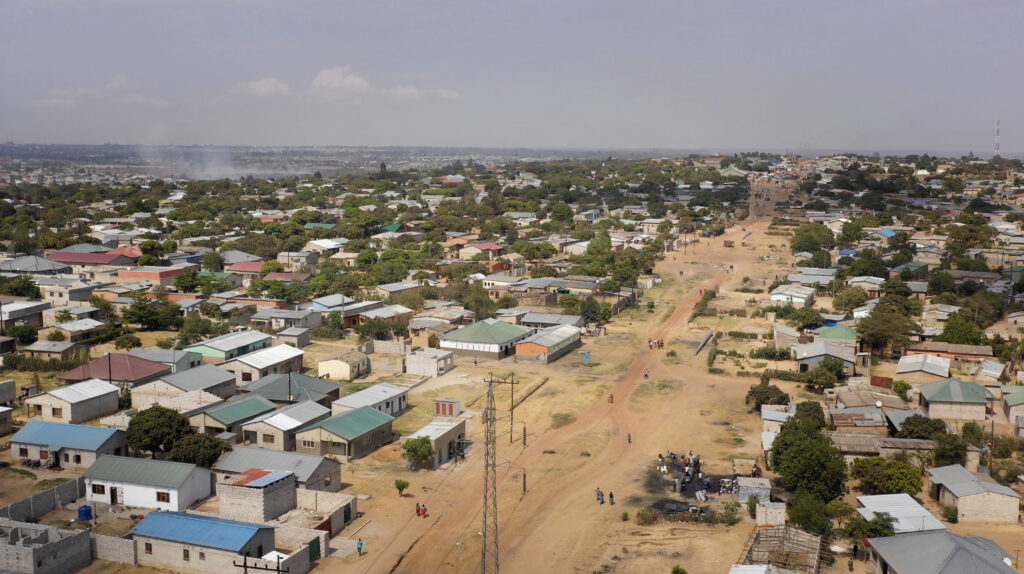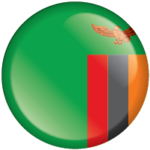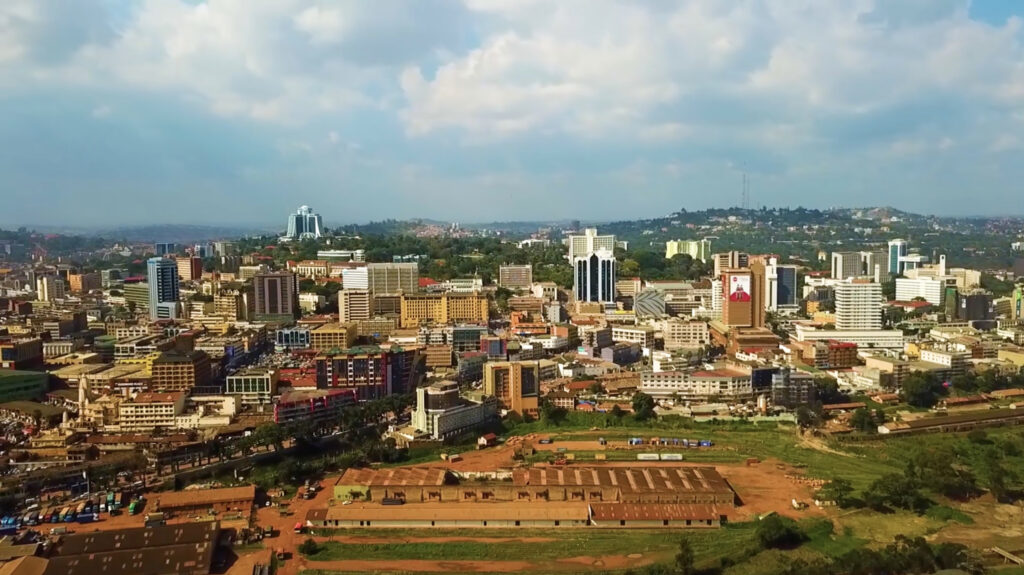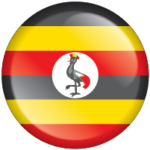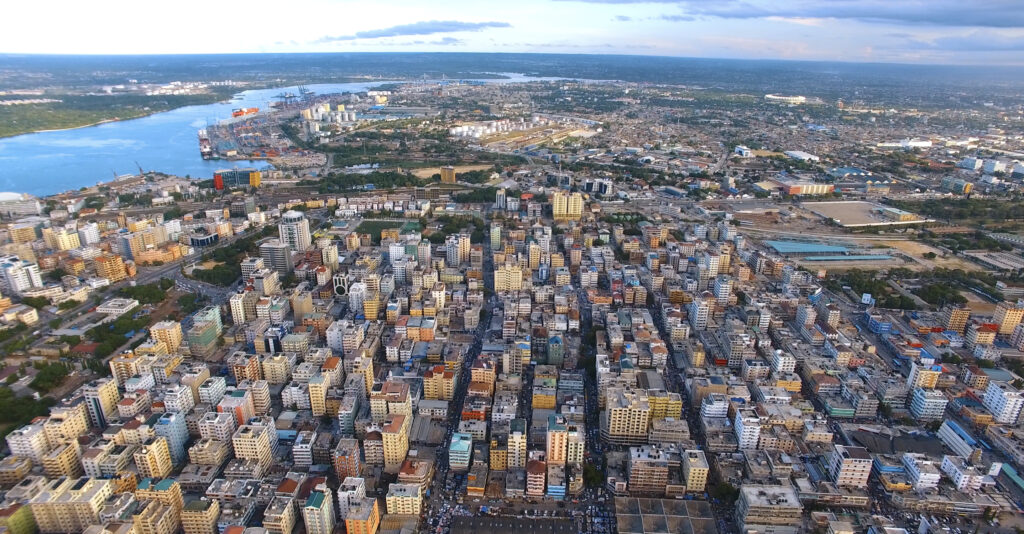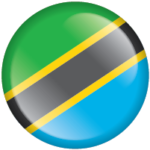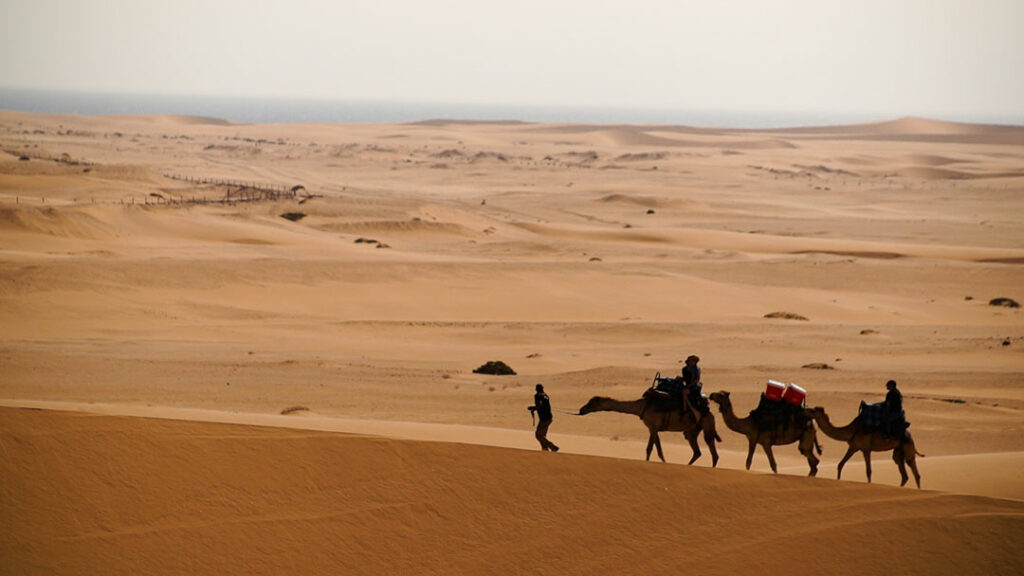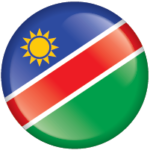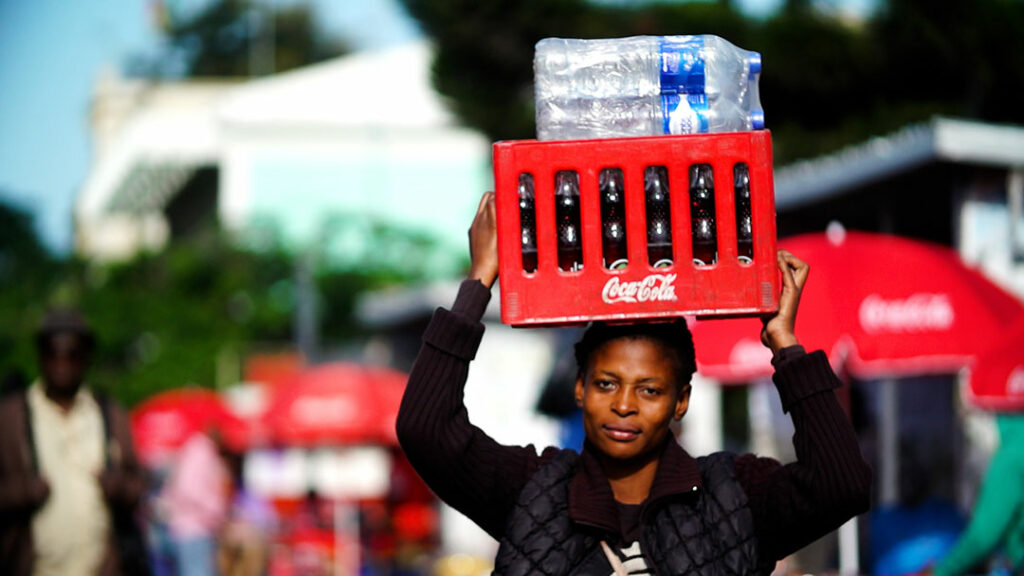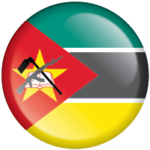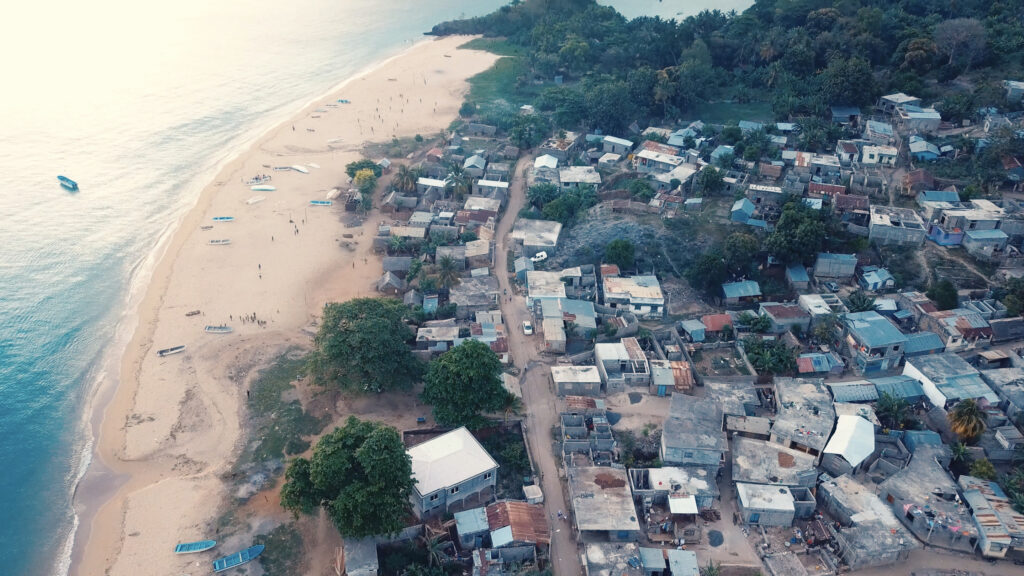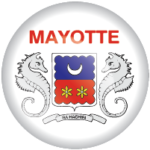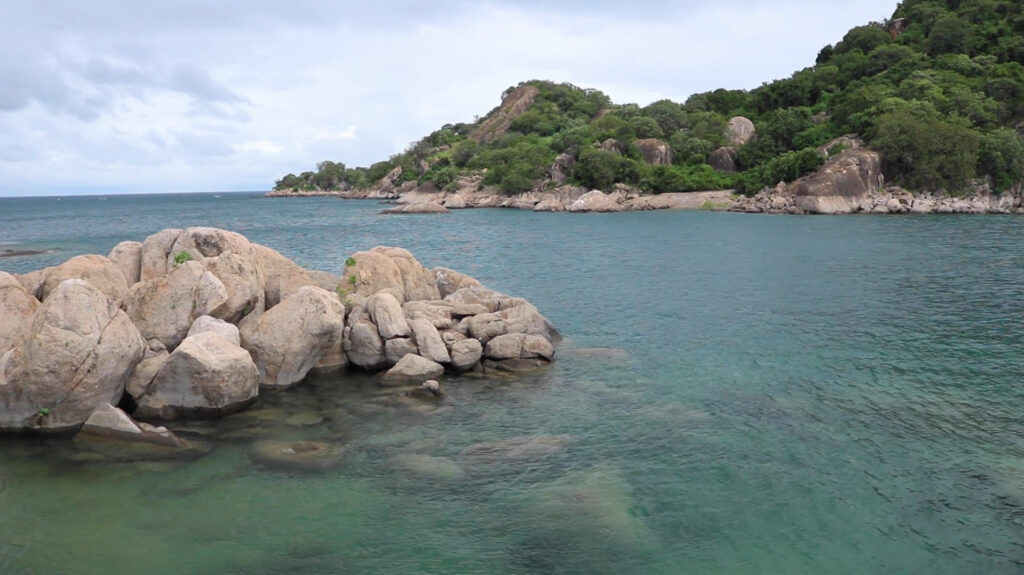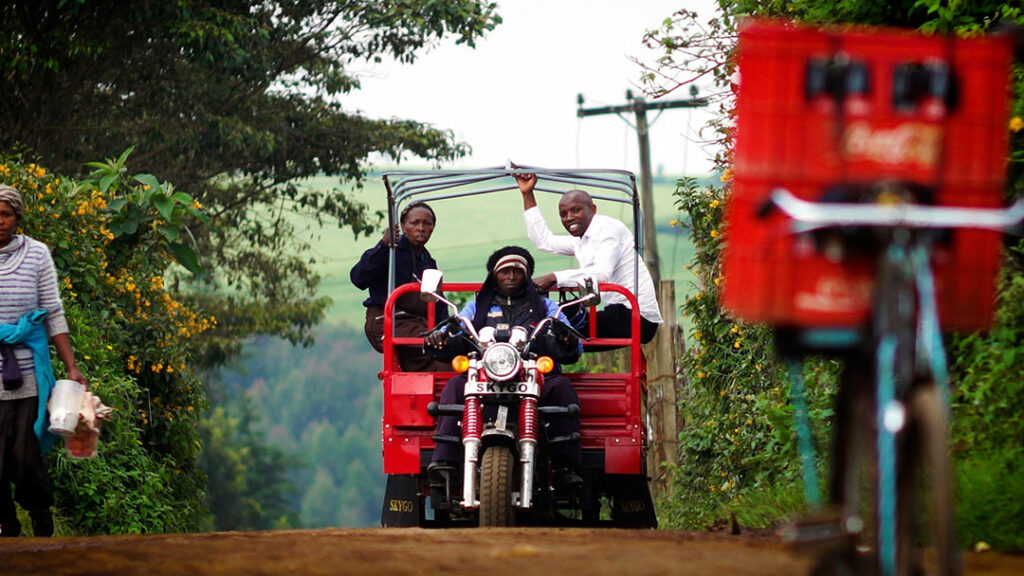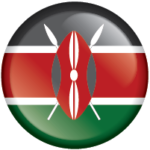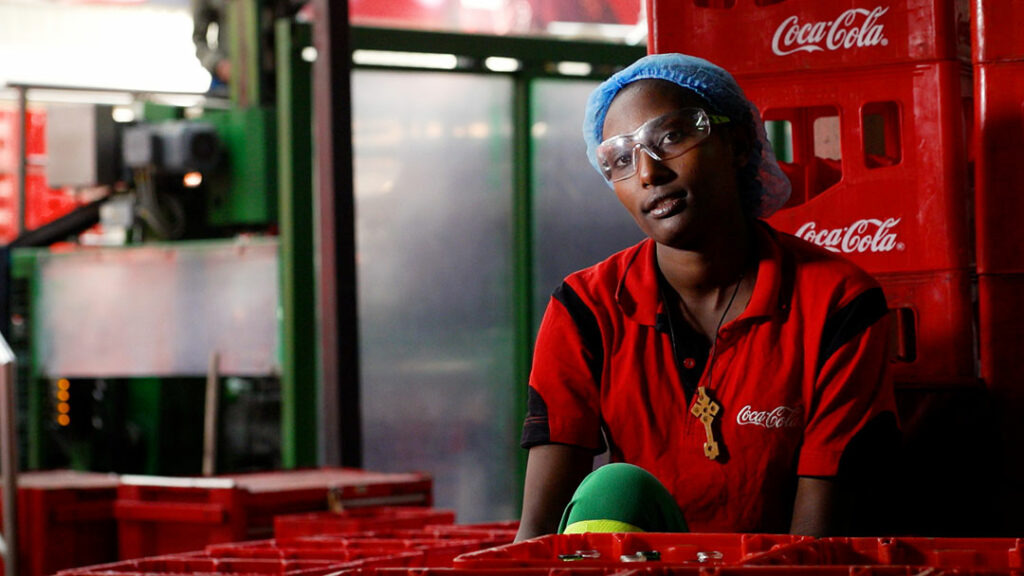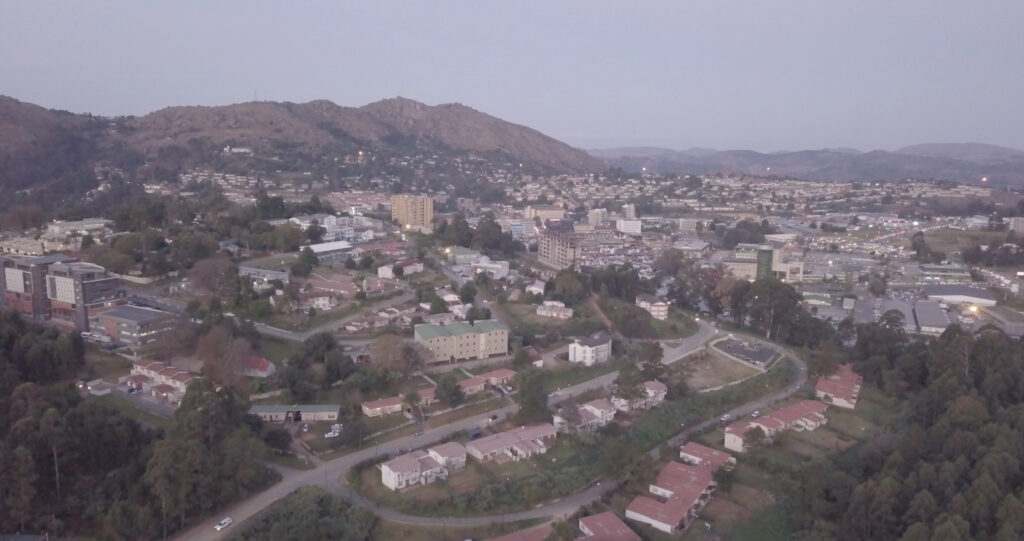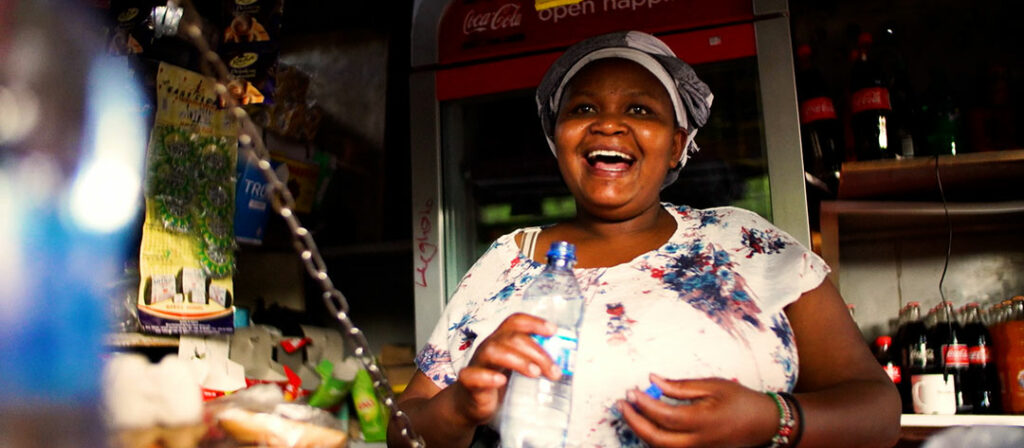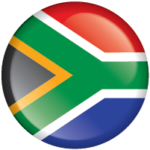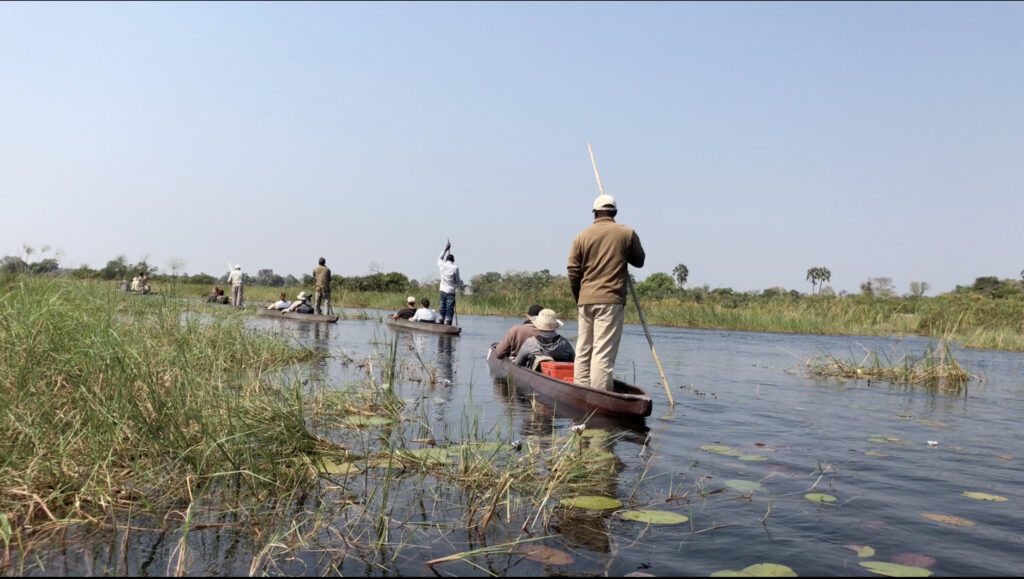
The invention of plastic has changed the world in so many ways – for both better and worse – that it’s hard to picture modern life without it.
Instinctively, we might think a plastic-free world could only be an improvement, but that would be to ignore the extent to which plastic is interwoven in almost every aspect of our lives, including its role in the food economy.
It has reduced food waste and packaging costs – contributing to food security – while enabling the convenience lifestyle of the modern working family.
You only have to consider how the absence of plastic packaging would increase the risks of food product contamination and the spread of disease to understand the vital part it plays.
Yet it’s also clear that the sheer volume of plastic pollution has become unsustainable.
A 2017 study published in the Journal, Science Advances, found that by 2015, 8.3 billion metric tons of plastic had been produced globally since 1950. Of this, 6.4 billion metric tons had become waste with only 9 percent recycled, 12 percent incinerated and 79 percent accumulated in landfills or the natural environment.
Worse, plastic production has been accelerating exponentially in this millennium, since 2000 more than doubling the amount of plastic produced in the previous 50 years.
Drastic change is needed, and since we cannot entirely eliminate plastic, we must find ways to keep it from being an environmental risk.
It is a problem too big for any government, company, or community to solve on their own, but one we can conquer if we work together and each take responsibility for our part in the chain.
Recognising this responsibility, The Coca-Cola Company, with its bottling partners, has committed to collect and recycle 100% of its packaging by 2030 as part of a vision called World Without Waste.
Coca-Cola Beverages Africa (CCBA), a leading bottling partner of The Coca-Cola Company, is confident about the progressive steps we are making to accelerate the achievement of this ambition.
To establish the basis for a sustainable circular economy, we have to design, collect and partner to enable recycling.
This is why we are investing in innovative design, collection and recycling models and partnerships, to turn our bottles into valuable resources that can drive a circular economy. Tackling the challenge of post-consumer packaging begins with the packaging itself. At CCBA, we’re using more recycled content, reducing the amount of plastic in our bottles and using plant-based resins.
This investment will stimulate plastic recycling industries, while we intensify campaigns to communicate what, how, and where to recycle.
Back in 2004, The Coca-Cola Company and its South African bottling partners formed PETCO, a voluntary initiative to drive the post-consumer recycling of polyethylene terephthalate (PET) which has become a standard bearer on the continent.
It has helped build a sustainable recycling industry that has seen South Africa’s PET recycling rates accelerate from 16% in 2005 to 66% in 2018, on par with the EU.
Thanks to this initiative, more than two billion PET bottles were collected and recycled in South Africa in 2017 alone. This injected R966 million into the economy and helped generate opportunities for 64 000 people, creating the building blocks for a self-sustaining recycling value chain.
In June 2018, in partnership with the Coca-Cola Company and Kenya Association of Manufacturers PETCO in Kenya was launched as an industry Extended Producer Responsibility scheme leveraging the learnings from South Africa.
In Uganda, working with government and community stakeholders, Plastics Recycling Industries, a CCBA subsidiary, extended its recycling operations to the town of Masaka.
In Namibia, Mozambique, Zambia and Botswana we have contracted with local collectors and recyclers in South Africa to accelerate collection and recycling in the countries.
And, most recently, Voltic, our bottled water business in Ghana, launched #Irecycle in partnership with Total Petroleum Ghana Limited and Coliba, a local plastic waste aggregator that incentivises waste pickers to collect PET post-consumer waste.
In Uganda, working with government and community stakeholders, Plastics Recycling Industries, a CCBA subsidiary, extended its recycling operations to the town of Masaka.
In Namibia, Mozambique, Zambia and Botswana we have contracted with local collectors and recyclers in South Africa to accelerate collection and recycling in the countries.
And, most recently, Voltic, our bottled water business in Ghana, launched #Irecycle in partnership with Total Petroleum Ghana Limited and Coliba, a local plastic waste aggregator that incentivises waste pickers to collect PET post-consumer waste.
The spread of plastic pollution is without question one of the great challenges of our times, but CCBA is confident that by designing better packaging solutions, enabling collection and partnering with industry, government and civil society we can achieve the vision of a World Without Waste.
Vermeulen is Chief Executive Officer of Coca-Cola Beverages Africa
